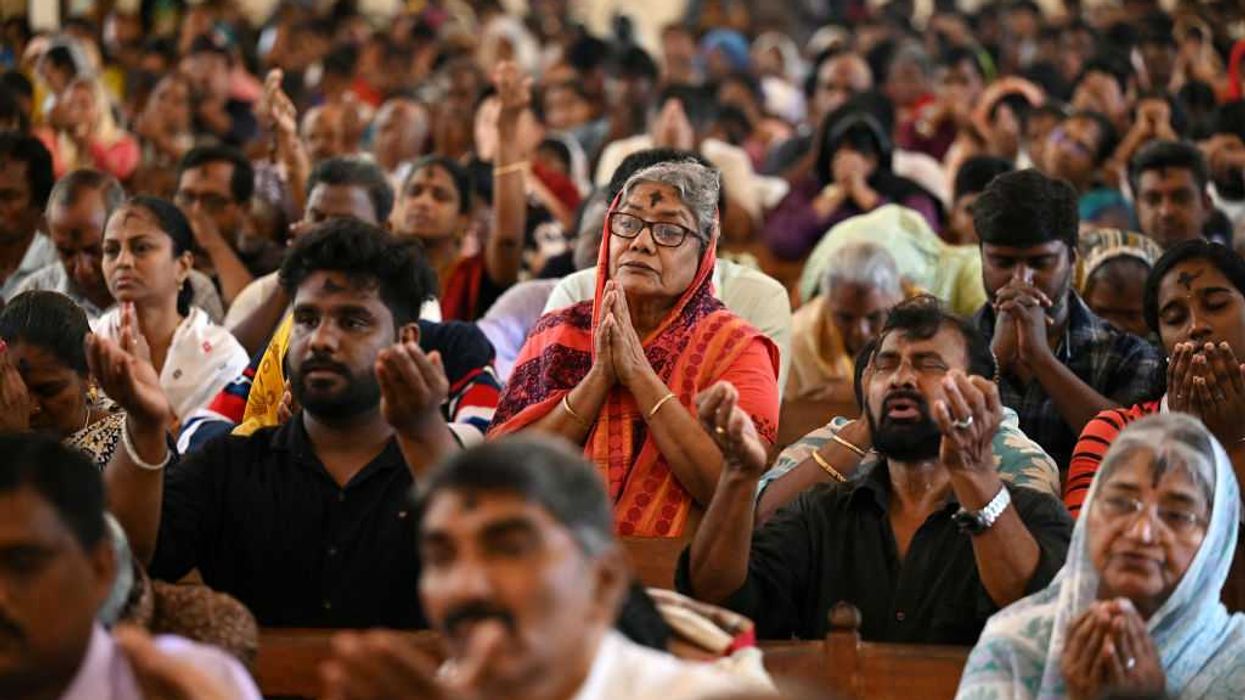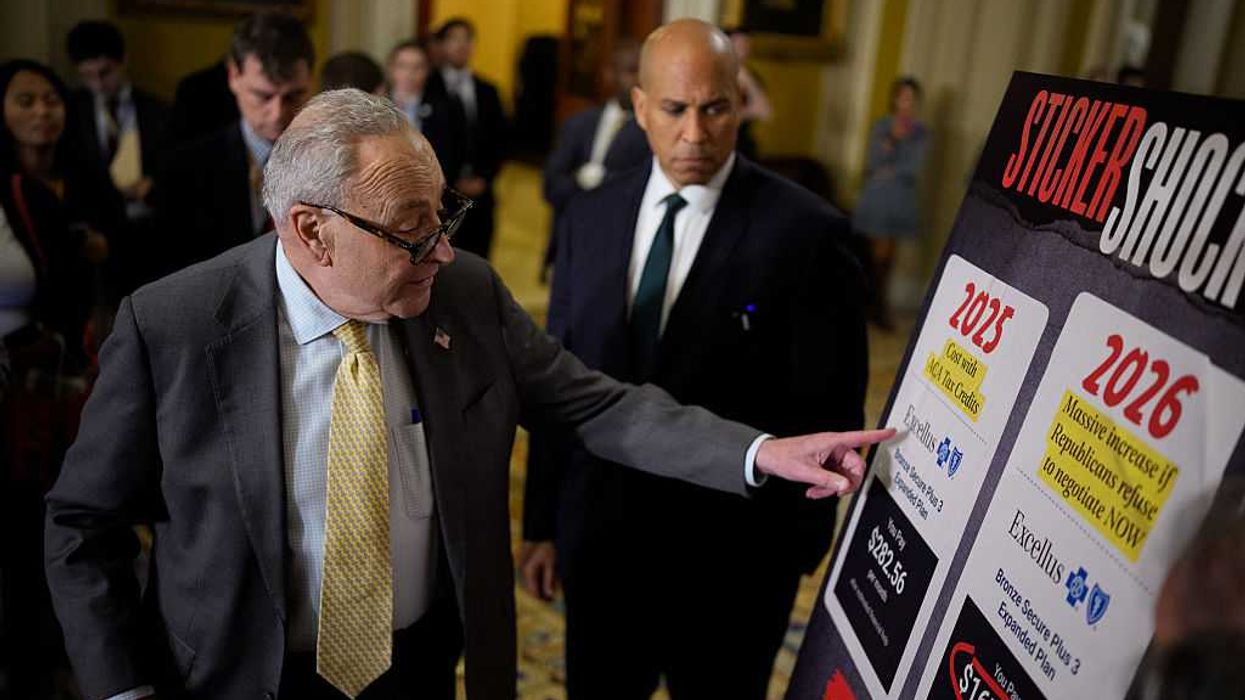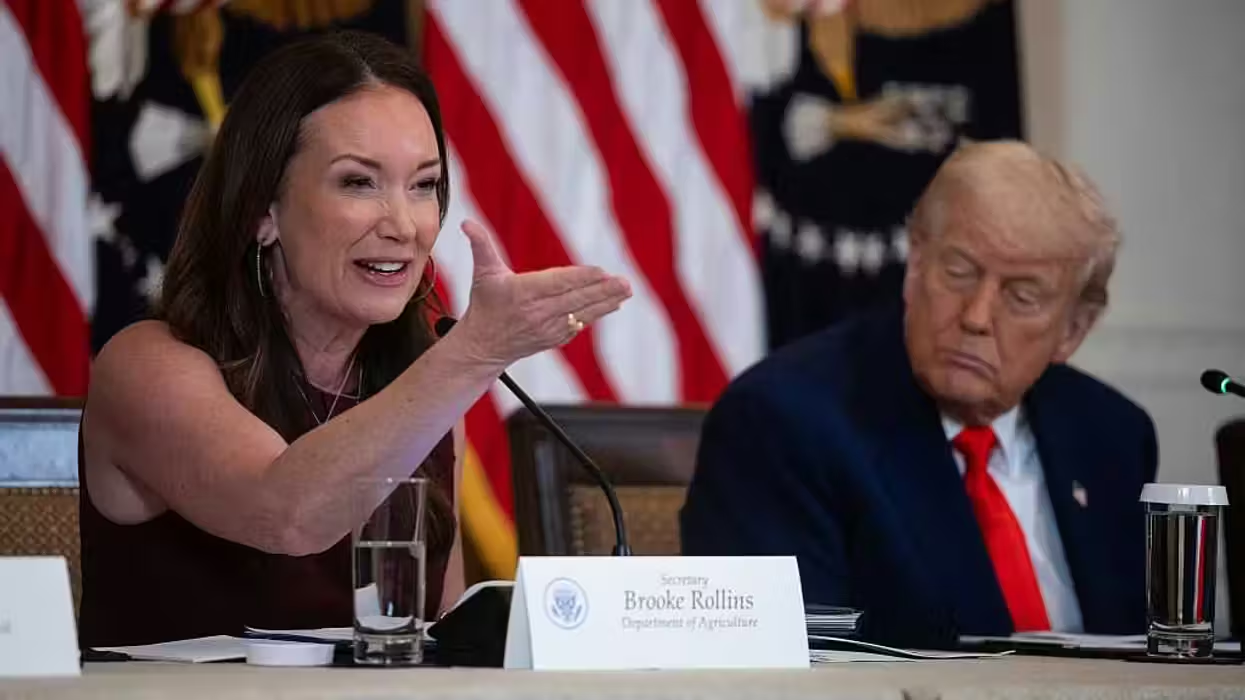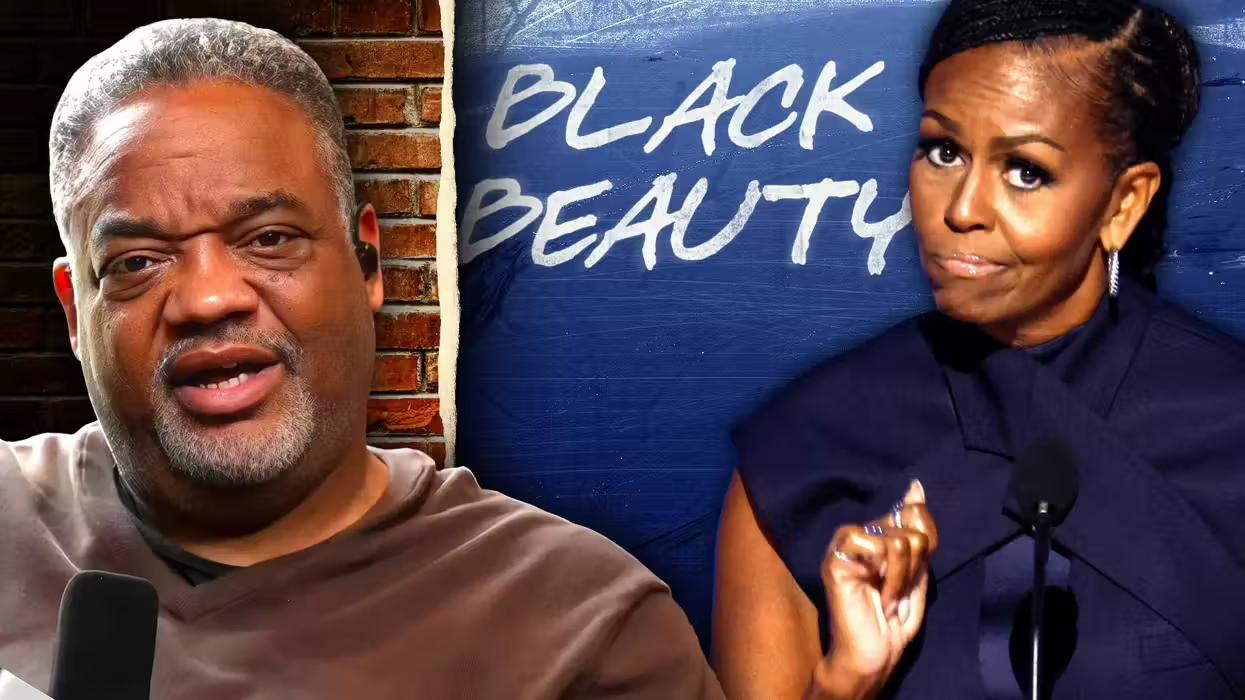
© 2025 Blaze Media LLC. All rights reserved.
Political procrastination.
With the clock ticking down on the November midterm elections, congressional Democrats have decided to delay a debate over extending Bush-era tax cuts until after all the ballots are counted, bowing to political uncertainty of vulnerable candidates. The delay raises issues for taxpayers over future liabilities and ques up a big post-election lame-duck economic debate.
The Bush tax cuts are set to expire on Dec. 31, after which time tax rates would on income, estates, capital gains and dividends. Corporate tax credits and relief from the Alternative Minimum Tax (AMT) also are up for consideration and failure to renew these measures could have significant negative impacts on the nation's economic recovery.
A spokesman for Majority Leader Harry Reid told Reuters late Thursday that Democrats face "internal divisions" and "potential Republican obstacles."
"Democrats believe we must permanently extend tax cuts for the middle-class before they expire at the end of the year, and we will," spokesman Jim Manley said in an email. "Unfortunately, to this point we have received no cooperation from Republicans to do so."
The Republicans remain firm in their support for extending the tax cuts for all income levels and threatened to filibuster any measure that fell short. In addition, many vulnerable moderate Democrats remain unwilling to campaign for re-election with the party supporting what amounts to a tax increase on the nation's top earners.
The Senate will come back after its recess for the November elections to address the issue, Manley said. While the Senate was widely expected to take the lead in tackling the issues, some House aides aren't dismissing the potential for House leaders to schedule their own vote.
At the White House, President Barack Obama joins most congressional Democrats in supporting an extension of tax cuts for only the first $200,000 of a person's income, $250,000 household income.
Senator Charles Grassley, the senior Republican on the Senate Finance Committee, condemned Senate Democrats' decision to punt the issue until after the election, calling it irresponsible and reckless.
"Leaving people with uncertainty is a dereliction of duty. One party has control of the White House and both houses of Congress and still can't get the people's business done," he said in a statement.
Want to leave a tip?
We answer to you. Help keep our content free of advertisers and big tech censorship by leaving a tip today.
Want to join the conversation?
Already a subscriber?
more stories
Sign up for the Blaze newsletter
By signing up, you agree to our Privacy Policy and Terms of Use, and agree to receive content that may sometimes include advertisements. You may opt out at any time.
Related Content
© 2025 Blaze Media LLC. All rights reserved.
Get the stories that matter most delivered directly to your inbox.
By signing up, you agree to our Privacy Policy and Terms of Use, and agree to receive content that may sometimes include advertisements. You may opt out at any time.





